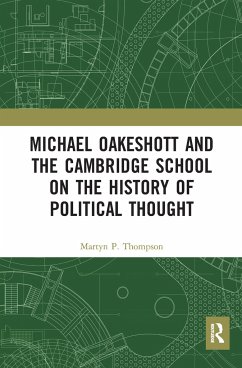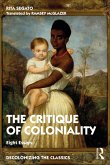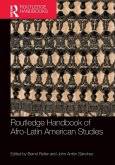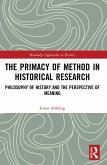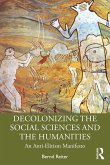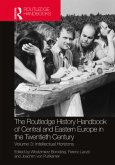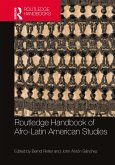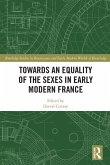This book is a critique of Cambridge School Historical Contextualism as the currently dominant mode of history of political thought, drawing upon Michael Oakeshott's analysis of the logic of historical enquiry.
While acknowledging that the early Cambridge School work represented a considerable advance towards genuinely historical histories of political thought, this work identifies two major historiographical problems that have become increasingly acute. The first is general: an insufficiently rigorous understanding of the key concept of "pastness" necessarily presupposed in historical enquiry of all kinds. The second is specific to histories of political thought: a failure to do justice to the varieties of past political thinking, especially differences between ideology and philosophy. In addressing these problems, the author offers a comprehensive account of the history of political thought that establishes the parameters not just of histories of ideological thinking but also of the much disputed character of histories of political philosophy. Since rethinking history of political thought in Oakeshottian terms requires resisting current pressures to turn history into the servant of currently felt needs, the book offers a sustained defence of the cultural value of modernist historical enquiry against its opponents.
An important work for political theorists, historians of political thought and those researching intellectual history, the philosophy of history and proposed new directions in contemporary historical studies.
While acknowledging that the early Cambridge School work represented a considerable advance towards genuinely historical histories of political thought, this work identifies two major historiographical problems that have become increasingly acute. The first is general: an insufficiently rigorous understanding of the key concept of "pastness" necessarily presupposed in historical enquiry of all kinds. The second is specific to histories of political thought: a failure to do justice to the varieties of past political thinking, especially differences between ideology and philosophy. In addressing these problems, the author offers a comprehensive account of the history of political thought that establishes the parameters not just of histories of ideological thinking but also of the much disputed character of histories of political philosophy. Since rethinking history of political thought in Oakeshottian terms requires resisting current pressures to turn history into the servant of currently felt needs, the book offers a sustained defence of the cultural value of modernist historical enquiry against its opponents.
An important work for political theorists, historians of political thought and those researching intellectual history, the philosophy of history and proposed new directions in contemporary historical studies.
"Martyn Thompson's book will surely stand as one of the most incisive and compelling defenses of the autonomy of historical experience and historical explanation in recent years. He has also made a convincing case that Michael Oakeshott should be considered the pre-eminent philosopher of history in the 20th century. He has accomplished both of these while also offering an insightful examination of the strengths and a trenchant critique of the weaknesses of the 'Cambridge School' of intellectual history." - Kenneth B. McIntyre, Associate Professor, Sam Houston State University, USA, and author of The Limits of Political Theory: Oakeshott's Philosophy of Civil Association.
"The publication of Martyn Thompson's new book on Michael Oakeshott has been keenly awaited by historians of political thought, as well by as Oakeshott specialists. I am sure they will find his lucid and provocative study well worth the wait." - Richard F Teichgraeber III, Tulane University, USA
"This book...locates a complicated crux, which is important if we are to understand what has happened to academic political thinking since the late nineteenth century."- James Alexander, Cosmos + Taxis
"The publication of Martyn Thompson's new book on Michael Oakeshott has been keenly awaited by historians of political thought, as well by as Oakeshott specialists. I am sure they will find his lucid and provocative study well worth the wait." - Richard F Teichgraeber III, Tulane University, USA
"This book...locates a complicated crux, which is important if we are to understand what has happened to academic political thinking since the late nineteenth century."- James Alexander, Cosmos + Taxis

